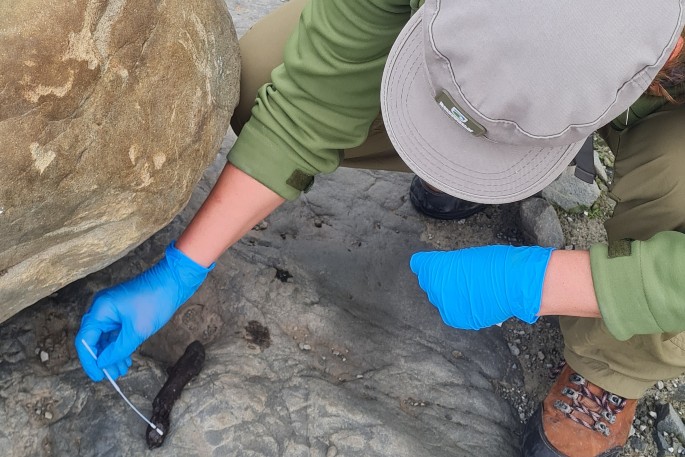This Content Is Only For Subscribers
A divergent strain of canine distemper virus (CDV) has been found in New Zealand fur seals (kekeno), and researchers are working to understand its potential impact.
The virus has been linked to disease and mortality in kekeno. Evidence suggests it is not a new introduction but a previously undetected strain. There is no known human health risk.
The Department of Conservation (DOC), Biosecurity New Zealand and Te Kunenga ki Pūrehuroa Massey University are collaborating to investigate the discovery.
DOC senior technical advisor Dr Jody Weir, one of the scientists involved, says the virus was detected during an exotic disease investigation.
“We initially tested for Highly Pathogenic Avian Influenza (bird flu or HPAI), which is also a threat to native marine mammal and bird populations, but this was ruled out,” says Dr Weir.
She says the virus was first detected in the Kaikōura population in spring 2024, when unusually high numbers of dead fur seals were reported. Unlike spring 2023, when deaths were due to starvation, these deaths were linked to CDV not previously detected anywhere in the world.
Massey veterinary pathologist Professor Wendi Roe says the virus has since been confirmed at other sites.
“In June 2025, we found the same strain of canine distemper virus in fur seals at Cape Palliser, where it was contributing to deaths. The virus causes respiratory illness and suppresses immune systems, leaving the animals more susceptible to other diseases,” says Professor Roe.
Dr Weir says the discovery highlights kekeno as a sentinel species, providing insight into the wider health of the marine ecosystem.
“Most New Zealanders don’t realise how bad the situation is. Around 80 per cent think our nature is in good shape, but sadly that just isn’t the case. While kekeno are currently categorised as ‘not threatened’, a virus like this could have large-scale impacts on populations,” says Dr Weir.
DOC and Biosecurity New Zealand are asking the public to report sightings of three or more freshly dead fur seals anywhere in the country by calling the exotic pest and disease hotline on: 0800 80 99 66.



